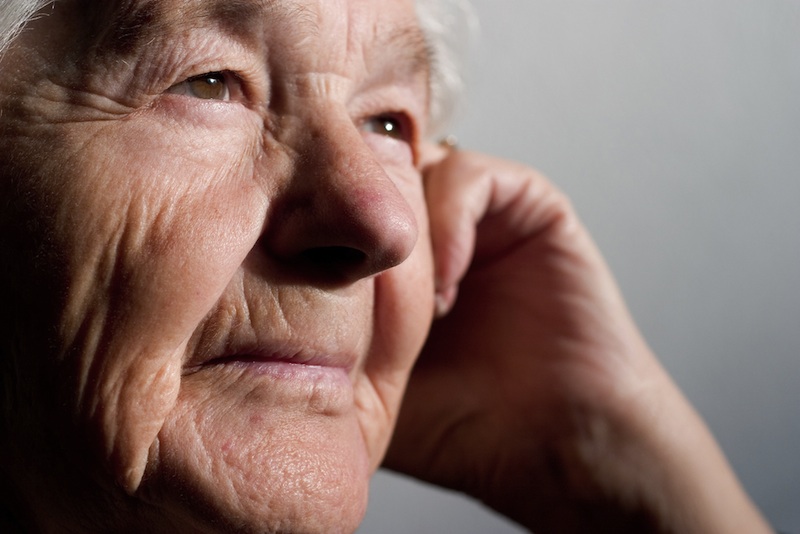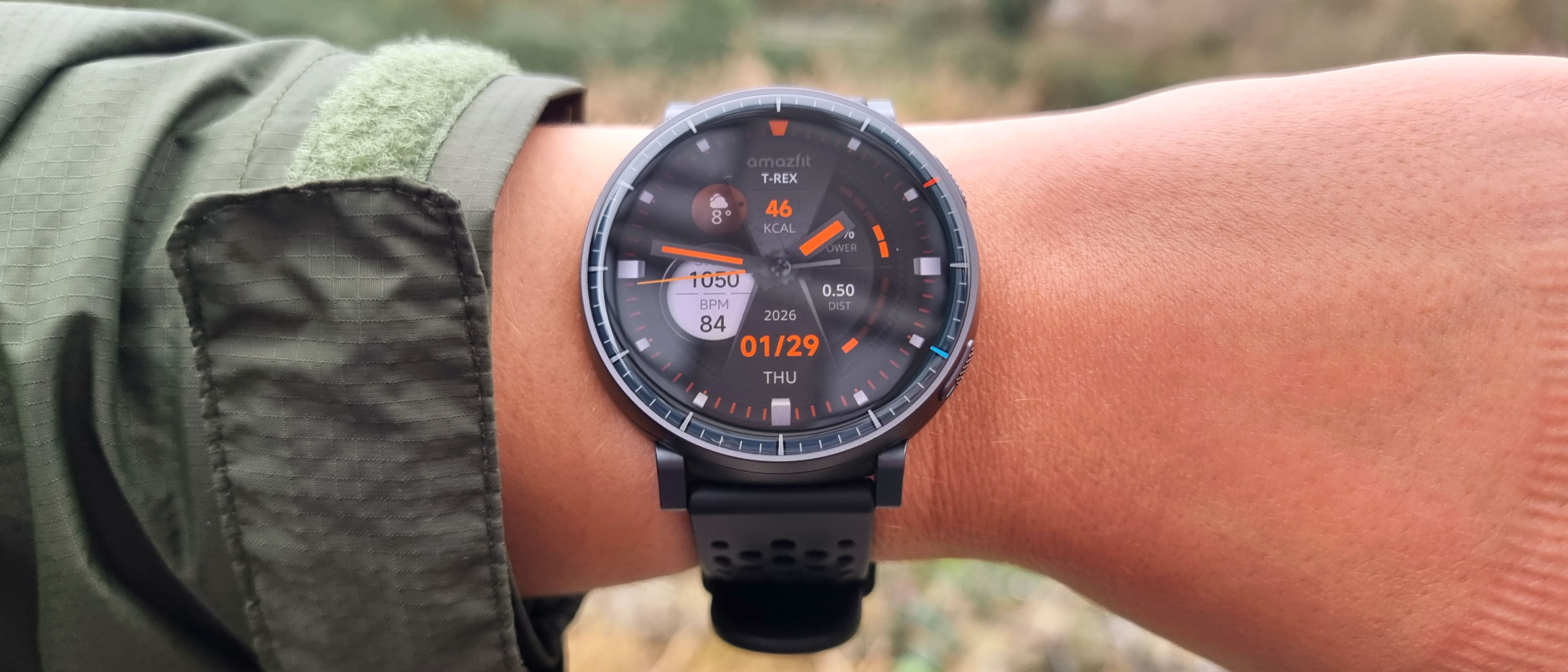Memory Decline Speeds Up In Years Before Death

Get the world’s most fascinating discoveries delivered straight to your inbox.
You are now subscribed
Your newsletter sign-up was successful
Want to add more newsletters?

Delivered Daily
Daily Newsletter
Sign up for the latest discoveries, groundbreaking research and fascinating breakthroughs that impact you and the wider world direct to your inbox.

Once a week
Life's Little Mysteries
Feed your curiosity with an exclusive mystery every week, solved with science and delivered direct to your inbox before it's seen anywhere else.

Once a week
How It Works
Sign up to our free science & technology newsletter for your weekly fix of fascinating articles, quick quizzes, amazing images, and more

Delivered daily
Space.com Newsletter
Breaking space news, the latest updates on rocket launches, skywatching events and more!

Once a month
Watch This Space
Sign up to our monthly entertainment newsletter to keep up with all our coverage of the latest sci-fi and space movies, tv shows, games and books.

Once a week
Night Sky This Week
Discover this week's must-see night sky events, moon phases, and stunning astrophotos. Sign up for our skywatching newsletter and explore the universe with us!
Join the club
Get full access to premium articles, exclusive features and a growing list of member rewards.
Memory declines faster than any other time in the two-and-a-half years before death of old age, a new study finds.
In the years before death, the rate of memory decline speeds up eight to 17 times, according to the research. The study examined the brains of 174 Catholic priests, nuns and monks who had undergone memory testing for six to 15 years before their deaths. After death, researchers led by Rush University Medical Center scientist Robert Wilson investigated the participants' brains.
They found that the characteristic plaques and tangles of Alzheimer's disease (which occur before the disease is diagnosable) are not to blame for the fast rate of the decline. Alzheimer's tangles and plaques were associated with the decline starting earlier, but not with it going faster. That points to another culprit for the memory problems.
"The findings suggest that the changes in mental abilities during the two to three years before death are not driven directly by processes related to Alzheimer's disease, but instead that the memory and other cognitive decline may involve some biological changes in the brain specific to the end of life," Oregon Health and Science University professor Hiroko Dodge, who was not involved in the study, wrote in an editorial accompanying the new paper. "The study by Wilson and his co-authors deepens our understanding of terminal cognitive decline."
With further study, Dodge wrote, researchers could develop algorithms to detect and analyze memory changes to identify people in this terminal phase of life.
The study and editorial appear online today (April 4) in the journal Neurology. A second study, also led by Wilson, finds that mental activity can boost brainpower in old age. Slightly more than 1,000 elderly people with an average age of 80 underwent yearly memory exams for five years, reporting how often they read, wrote letters, visited the library or played board games.
Unsurprisingly, people's participation in these activities was linked with mental function over the years: If one declined, so did the other. But the decline in activity predated the decline in memory function by a year, pointing to a causal relationship, the researchers found.
Get the world’s most fascinating discoveries delivered straight to your inbox.
"The results suggest a cause-and-effect relationship: that being mentally active leads to better cognitive health in old age," Wilson said in a statement.
You can follow LiveScience senior writer Stephanie Pappas on Twitter @sipappas. Follow LiveScience for the latest in science news and discoveries on Twitter @livescience and on Facebook.

Stephanie Pappas is a contributing writer for Live Science, covering topics ranging from geoscience to archaeology to the human brain and behavior. She was previously a senior writer for Live Science but is now a freelancer based in Denver, Colorado, and regularly contributes to Scientific American and The Monitor, the monthly magazine of the American Psychological Association. Stephanie received a bachelor's degree in psychology from the University of South Carolina and a graduate certificate in science communication from the University of California, Santa Cruz.
 Live Science Plus
Live Science Plus





